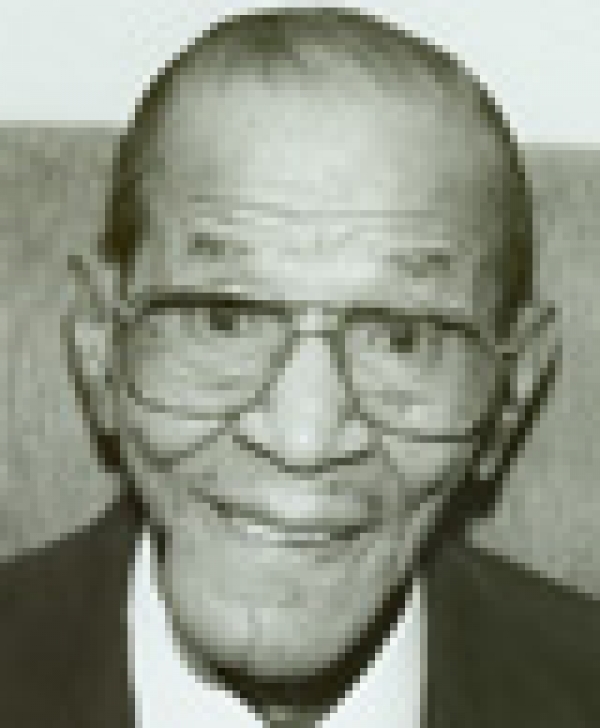When the most memorable year of competition occurred decades ago, even greater performances can be blurred by the wear of time.
Just months after World War II started, Berry ruled the high jump event in the United States in 1942. He won the National Collegiate title in Lincoln, Nebraska, with a leap of 6’7″, and then he traveled to New York City where he won the National AAU championship with a jump of 6’7″.
Berry was at the top of his sport. His path had come through the city of Denver when he was born. On the way, he became an All-City and All-State high jumper while at Manual High School, before he went on to college competition at Southern University in Baton Rouge, Louisiana.
“I think those two national championships were about the best that I could do,” Berry explained, with 55 years of perspective. But the two titles were also the prelude leading him to the only regret he feels today. With the war came the disruption of the Olympic Games. It also brought time in the military and the military led to Berry receiving the Purple Heart for leg wounds suffered while in the Army in Europe. And wounds brought an end to his ability to compete. “I think the only thing I missed was getting a chance to compete in the Olympic Games,” Berry explained. “I won just about every other event I could think of, but when the war started, the Olympics were put on hold.”
While at Southern, Berry won national titles. He won the Penn Relays, the Millrose Games and just about every big national event of his day.
“I found out later I was the first black athlete from an all black school to be selected All-American in track and field,” Berry continued.
Those were the good memories of a time when black athletes knew segregation. The more meaningful meets were the ones where the white athletes and the black athletes competed at the same level,” Berry explained. “You just figured the best man won.”
“In my day, I had what young people don’t have today,” Berry explained. “I had parental guidance and support. My parents watched every game of softball I played at 23rd and Welton Street. And when the meets I competed in were on the newsreels in the movie theaters, they were the first people in the door and the last to leave.”
He also had two coaches were instrumental in his achievements. One was Tom Nourse and the other was Cruter at Southern.
And the call came from the Colorado Sports Hall of Game just when Berry was convinced he had been forgotten.

I won just about every other event I could think of, but when the war started, the Olympics were put on hold.
